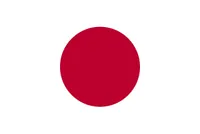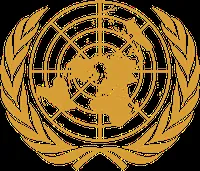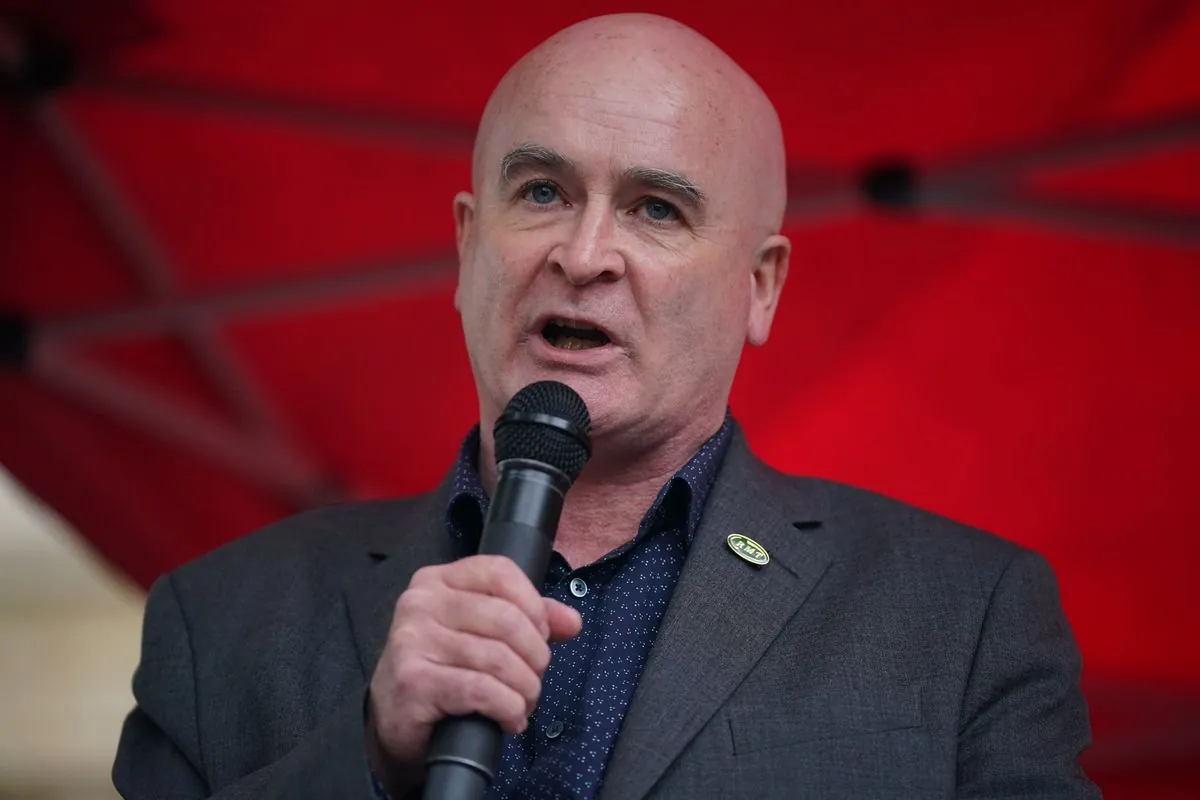WHO Urges Vaccine Donations as Mpox Outbreak Intensifies in Africa
The World Health Organization calls for urgent smallpox vaccine donations to combat a growing mpox outbreak in Africa. Despite stockpiles in wealthy nations, African countries face vaccine shortages.

The World Health Organization (WHO) is urging wealthy nations to donate smallpox vaccines to African countries grappling with an intensifying mpox outbreak. Despite substantial stockpiles in developed countries, African nations are facing a critical shortage of vaccines to combat the spread of this virus.
Since January 2024, over 26,500 mpox cases and 724 deaths have been reported across 14 African countries. The Democratic Republic of Congo (DRC) remains the epicenter of the outbreak, with only 265,000 vaccine doses received thus far. This situation highlights the stark disparity in vaccine distribution between wealthy and developing nations.
Dr. Maria Van Kerkhove, interim director of the WHO's Epidemic and Pandemic Threat Management department, emphasized the urgency of the situation: "The vaccines that are sitting on shelves or in a stockpile are useless. We have an immediate need in the Democratic Republic of the Congo and in neighboring countries."
Many developed nations have stockpiled smallpox vaccines for decades as a national security measure. These vaccines are also effective against mpox, as both viruses belong to the same family. However, the reluctance to share these stockpiles has left African countries vulnerable to the current outbreak.

The Africa Centre for Disease Control estimates that the region requires 18 to 22 million doses to vaccinate 10 million high-risk individuals. However, only 3.6 million shots had been pledged as of mid-September. The United States recently announced a donation of 1 million mpox vaccine doses and $500 million in support to African countries, but more assistance is needed.
Regulatory hurdles have also slowed vaccine distribution. The WHO only authorized the first mpox vaccine on September 13, 2024, which delayed procurement by UN agencies and Gavi, the Vaccine Alliance. This bureaucratic process has been criticized for being too slow and risk-averse, especially considering earlier approvals by other regulatory bodies.
While vaccines are crucial, experts stress that they are not the only solution to curbing the outbreak. Dr. Van Kerkhove emphasized the importance of a comprehensive approach: "What's going to stop these outbreaks? Strong surveillance, targeted risk communication, appropriate patient care, and access to clean water for washing clothes and linens. Vaccines are an additional component, but not the silver bullet."
The current mpox outbreak serves as a reminder of the ongoing challenges in global health security and the need for improved international cooperation in responding to emerging threats.
"Mpox vaccines were approved by the US regulator, the FDA, back in September 2019 and by the European Medicines Agency in July 2022, so the long delay by the WHO to give the green light was deeply frustrating."
As the international community grapples with this crisis, the urgency of equitable vaccine distribution and comprehensive public health measures has never been more apparent. The outcome of this outbreak may well shape future approaches to global health security and pandemic preparedness.


































